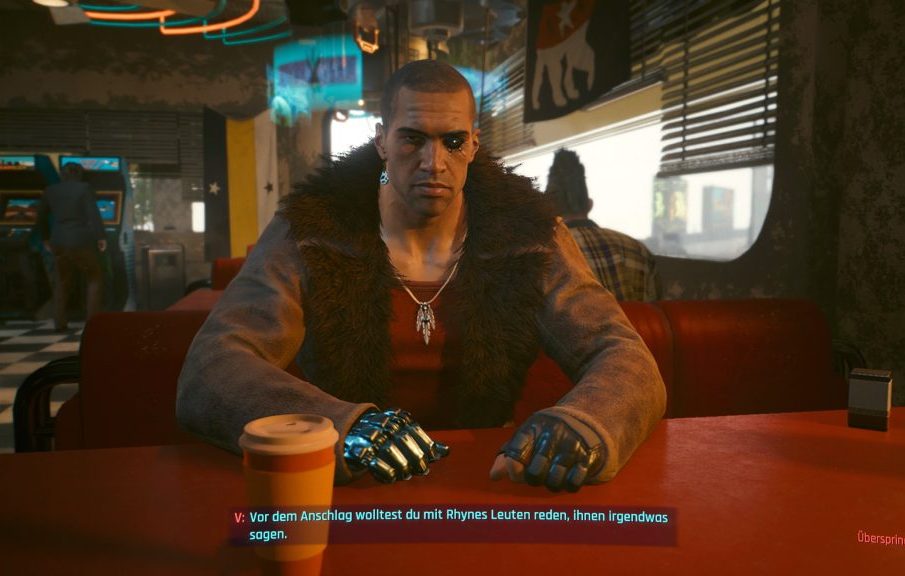I Fought the Law: Understanding Its Impact Today

Introduction
The phrase ‘I fought the law’ has become emblematic in popular culture, representing resistance against authority and highlighting issues of justice and fairness. Originally popularised by the 1959 song by The Crickets, and later covered by The Clash, this concept resonates with ongoing discussions about civil rights, policing, and social justice movements. As societal dialogues evolve, the phrase finds new context in today’s world, making it increasingly relevant to contemporary issues.
Recent Events Reflecting the Phrase
In recent months, numerous protests have taken place across the United Kingdom, focusing on police conduct and community relations. These movements, which often invoke sentiments aligned with ‘I fought the law’, call for accountability from law enforcement agencies. For instance, the Black Lives Matter movement, which gained immense traction following the events in the United States, has sparked similar demonstrations and advocacy for systemic change in the UK.
Additionally, the use of this phrase has been seen in relation to various legal cases that challenge the authority of law enforcement. Cases involving wrongful arrests or excessive use of force often evoke public outcry and protests, echoing the rebellion against unjust practices that the phrase suggests. The importance of judicial reform and defending individual rights has been more pronounced, making ‘I fought the law’ a rallying cry for many activists.
Legal and Social Implications
The implications of fighting against the law extend beyond protests; they implicate legal frameworks and human rights discussions. The ongoing debates surrounding laws that govern protests and civil disobedience highlight the tension between rights and regulations. Recent legislation aimed at increasing police powers has spurred concerns about civil liberties, with various groups citing public dissent as a fundamental right.
The phrase also serves as a marker of personal narrative for many individuals who have faced legal challenges due to socio-political reasons. Stories of individuals who have stood against unjust laws resonate with deeper historical and cultural meanings, reminding society of the importance of fighting for fairness and integrity within the legal system.
Conclusion
In conclusion, ‘I fought the law’ embodies a spirit of resistance that echoes through history and remains pertinent in today’s social climate. With increasing awareness around police conduct and civil rights, this phrase captures the essence of many ongoing struggles against injustice. As society continues to evolve, the discussions around justice, accountability, and the rights of individuals will persist, ensuring that the message of ‘I fought the law’ remains a significant touchstone in the narrative of human rights and social equity.








